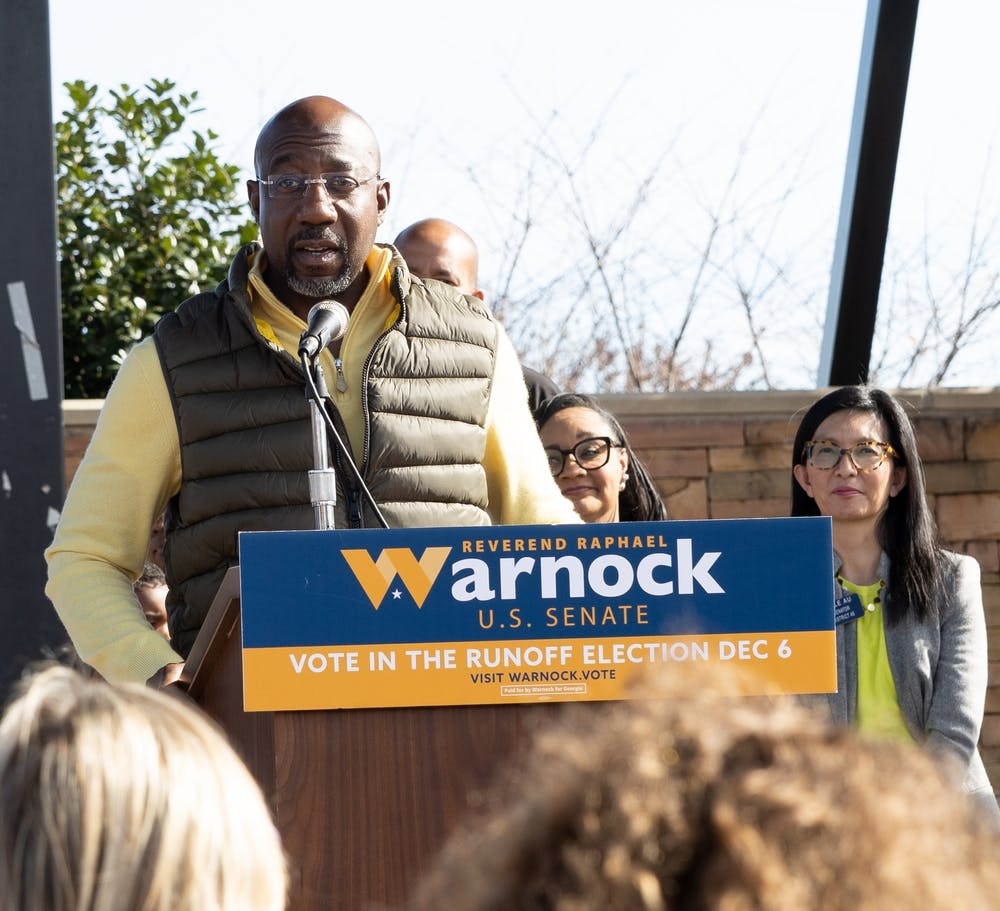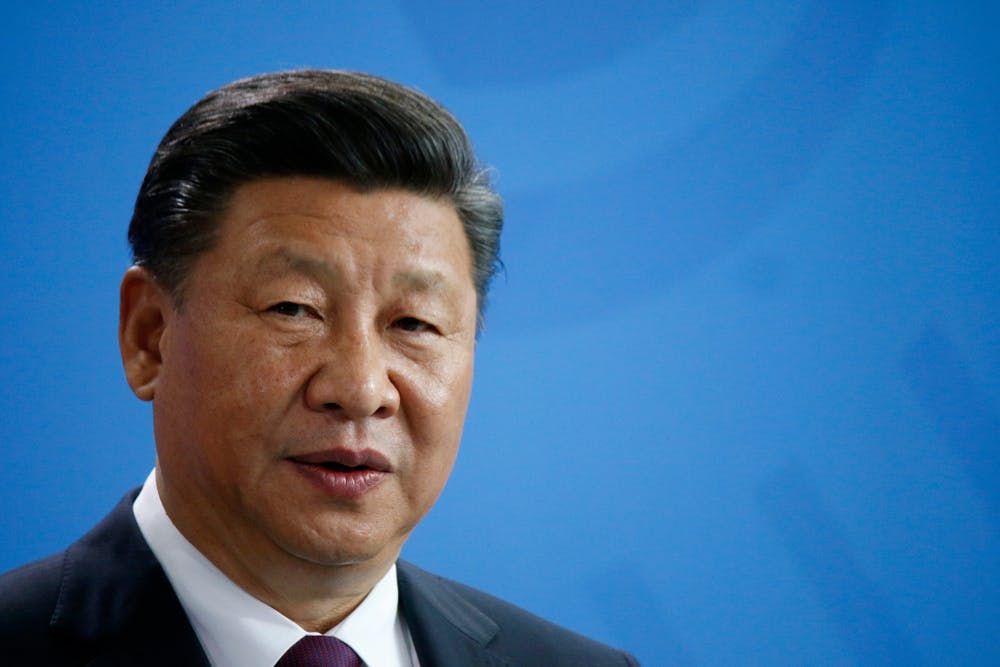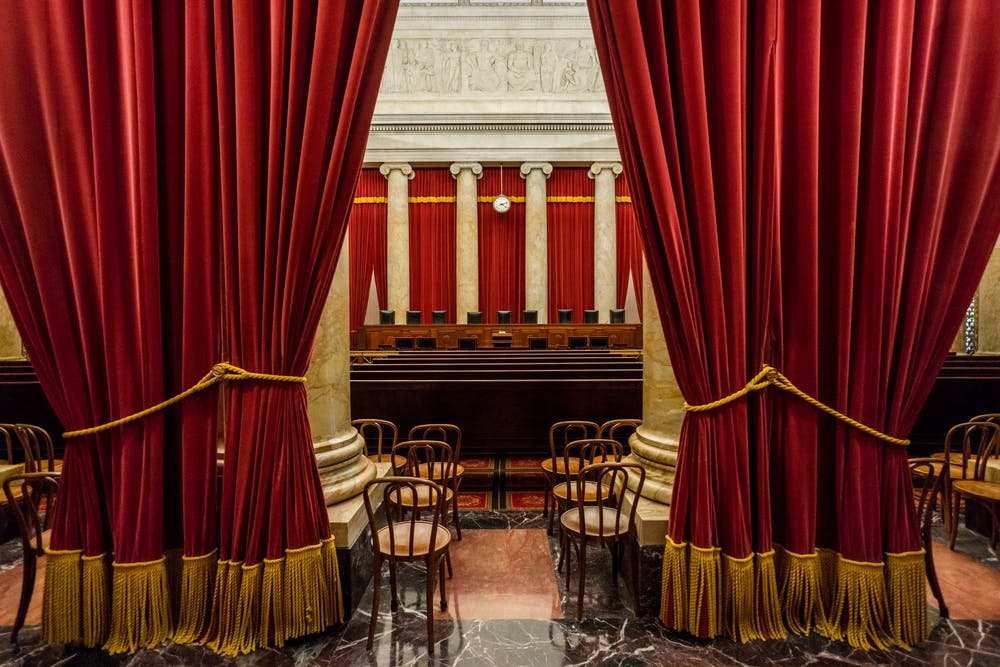A look ahead at the key events leading the news agenda next week, from the team at Foresight News. Delivered to your inbox on Fridays.
Leading the week
The balance of seats in the Senate will become clear this week following the run-off in Georgia on Tuesday (December 6) between Democrat Raphael Warnock and Republican Herschel Walker. Early voting data is looking promising for the Warnock campaign, though new restrictions limiting the days available to cast early ballots look likely to impact voter turnout and potentially the outcome.

It also remains to be seen what impact former president Barack Obama’s presence on the campaign trail earlier this week will have in terms of energizing Democratic voters, particularly when contrasted with Donald Trump’s conspicuous lack of support for a candidate he endorsed. While Democrats’ 50 seats mean they would retain control of the Senate through Vice President Kamala Harris’ tie-breaking vote even if Walker wins, Warnock’s victory would give them a majority on committees and change the Senate’s dynamics for legislative procedures and confirming judicial nominees.
Meanwhile in Arizona, where there were bitter defeats for Republicans Kari Lake and Blake Masters in their respective campaigns, a single county’s refusal to certify the election result was threatening to derail the statewide canvass. But it is now due to go ahead as planned on Monday (December 5) after a successful legal challenge by outgoing Secretary of State Katie Hobbs, who defeated Lake in the gubernatorial race. As it happens, President Biden is due to visit Arizona on Tuesday (December 6) and may take the opportunity to raise the issue as another example of MAGA efforts to erode faith in democratic institutions.
The Supreme Court takes up two-high profile cases next week, starting on Monday (December 5) when it hears arguments in a challenge to Colorado’s public accommodation law aimed at preventing discrimination. The case has been brought by a website designer who refuses to create wedding sites for same-sex marriages due to her religious convictions, a position state officials argue violates the Colorado Anti-Discrimination Act. Inevitably, it has drawn parallels to the Masterpiece Cakeshop case, also from Colorado, in which the court ruled in favor of a religious baker who had refused to bake a cake for a same-sex couple. But that ruling was decided on narrow grounds with few broader implications; in this case, 303 Creative v. Elenis, justices are being asked to define whether First Amendment protections for freedom of speech apply to Smith as a website creator, rather than simply a service provider, and its ruling could have wider ramifications for artists writ large, as well as the LGBTQ community.
Then on Wednesday (December 7), justices will hear arguments in Moore v. Harper, arguably the most significant case being heard this term, concerning North Carolina’s gerrymandered congressional map. At the heart of the case is what until now has been considered a fringe school of thought, known as the independent state legislature theory. ISL holds that state legislatures have the sole power to set federal election rules, with state courts powerless to intervene even when maps are patently gerrymandered in a partisan fashion. Were the Supreme Court to rule in favor of the Republican legislators involved, who argue the North Carolina Supreme Court improperly imposed state-constitutional limits on their authority when it struck down their proposed map, the implications would be enormous, not least because it would likely unleash a flood of election-related litigation from states across America.
Looking abroad
Monday (December 5) marks a key moment in the Western response to the Russian war in Ukraine as new oil sanctions take effect. EU and UK bans on transporting seaborne Russian crude, which were agreed earlier this year, are due to come into force alongside a price cap on Russian oil set by the G7 and Australia. The arrangement is designed to allow countries which have not yet imposed an import ban on Russian oil to continue purchasing it at a capped price, thereby avoiding a global spike in oil prices which analysts predict would happen under a total ban. EU countries have been wrangling over the price cap proposal for weeks, and look to have settled on $60 a barrel; the agreement needs full approval to be implemented on Monday, and any last-minute failure would mean the transport bans coming in without the mitigating effect of the price cap. A similar ban and cap on Russian petroleum products is scheduled to follow on February 5.

Following a tumultuous week in China that saw authorities respond to unprecedented protests against the country’s zero-Covid policies with a mixture of repression and concession, a state memorial takes place in Beijing on Tuesday (December 6) for former President Jiang Zemin, who died this week at the age of 96. His death is reminiscent in ways to that of Mikhail Gorbachev in Russia earlier this year: Zemin’s move to step down from leadership in 2003, which marked the Communist era’s first orderly succession, stands in stark contrast to President Xi Jinping’s recent move to effectively abolish term limits. And his presidency is associated with an era of relative liberalism; support for Zemin, who is known as the ‘toad’ or ‘toad king’, became a concern for censors in China at least as far back as 2014 during Hong Kong’s ‘umbrella movement’ protests, and his death poses a challenge coming at such a sensitive moment.
It’s unclear whether Xi plans to attend the memorial on Tuesday, or whether, like Putin with Gorbachev, he’ll choose to pay his respects privately and avoid the main event. A much-anticipated visit by Xi to Saudi Arabia, meanwhile, could begin on Wednesday (December 7) with a broader summit with regional leaders on Friday (December 9). The planned trip is likely to be extremely closely watched in Washington, given its soured relations with Riyadh following the murder of Jamal Khashoggi, as well as in Moscow, which has increasingly relied on China to purchase its oil since the invasion of Ukraine.
